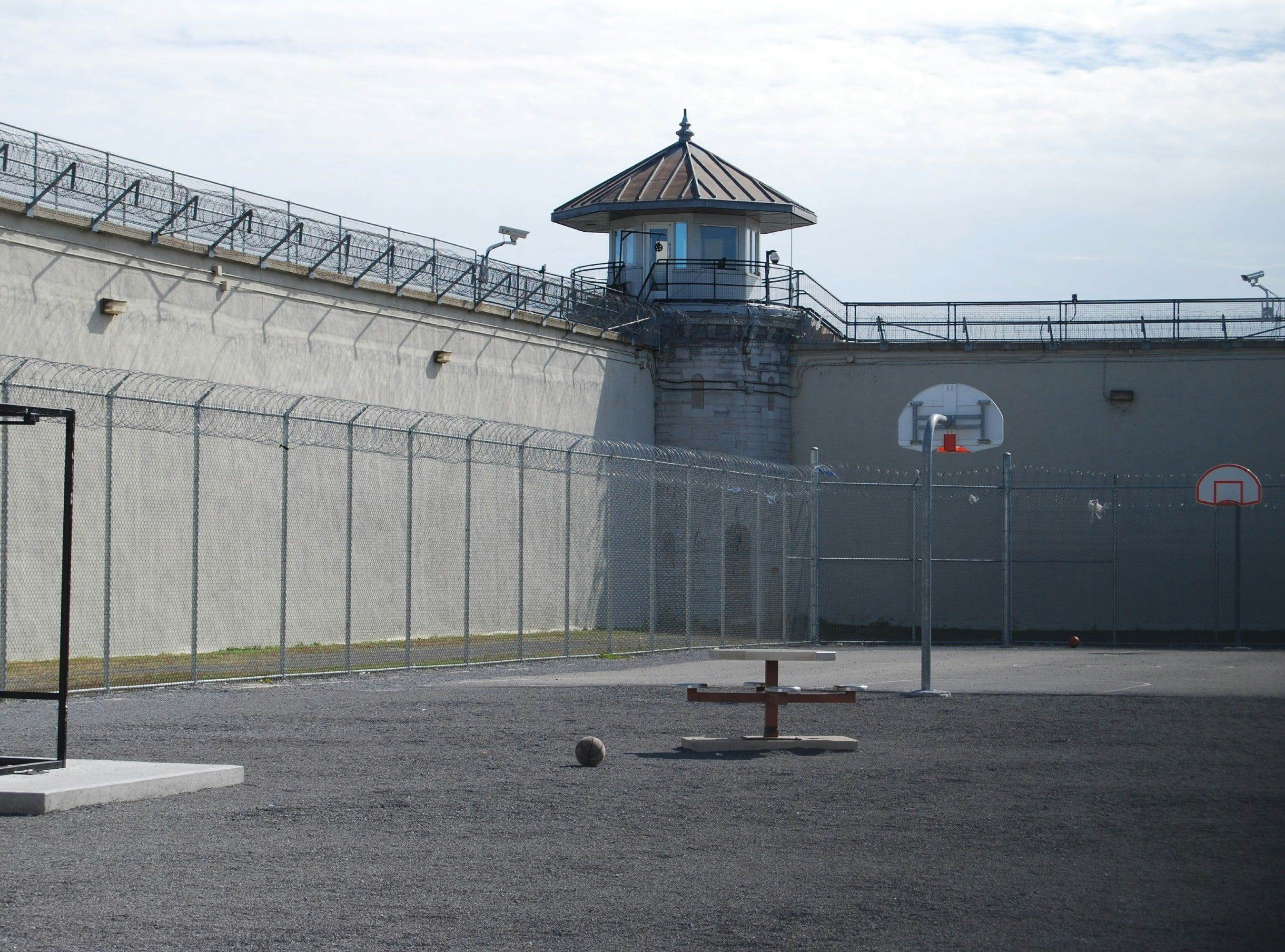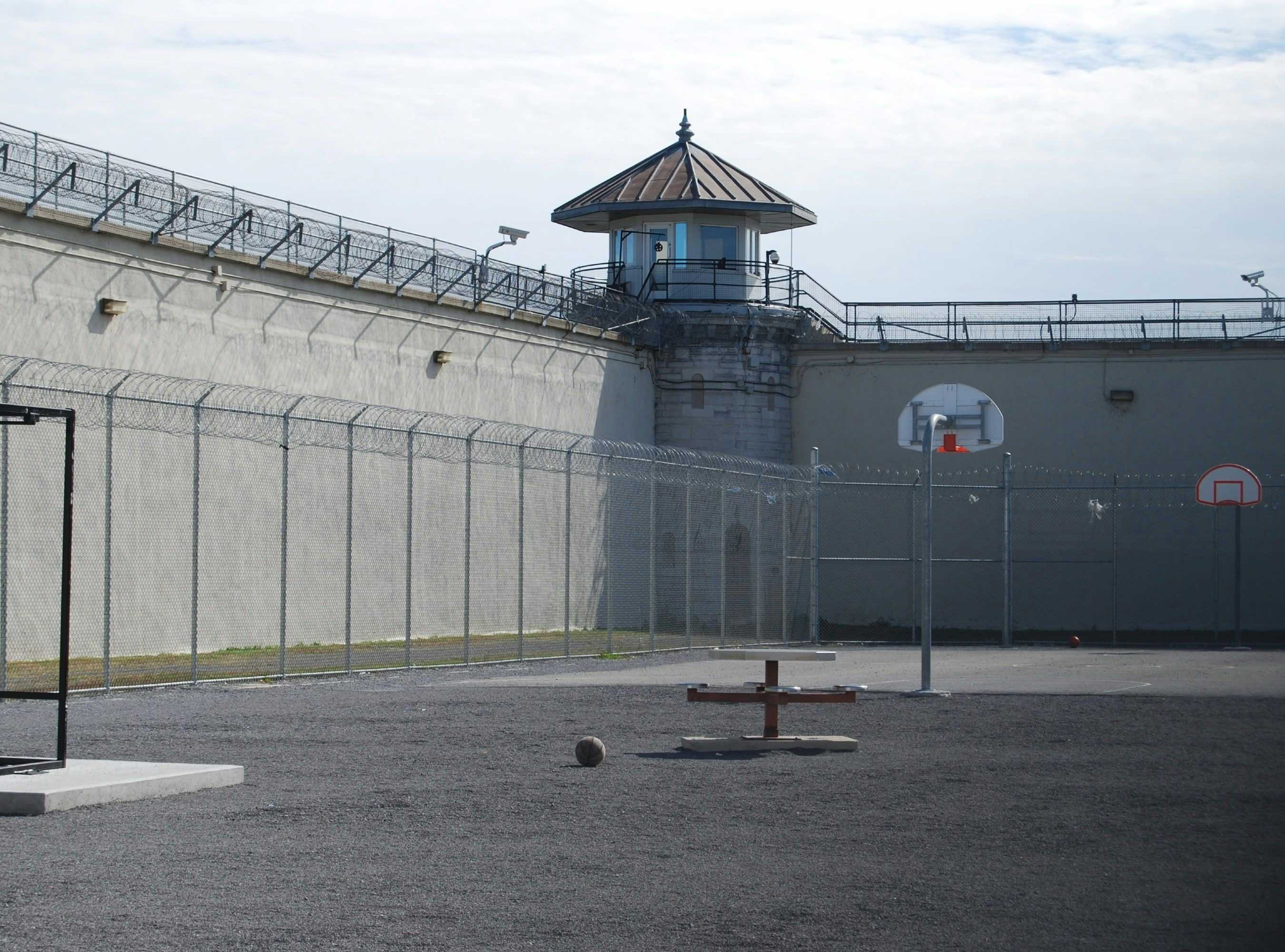As coronavirus grips the world’s population, prisons have been no exception to the exponential infection. Given the close quarters, dearth of sanitation, and typically subpar medical services, the prison system has all the ingredients for mass outbreak. This has been seen most severely in New York City’s main prison complex, Rikers Island.
A Storm is Coming
The New York City metropolitan area has quickly become the epicenter of the country’s coronavirus cases. The spread through the prison system has been just as swift. The first staff infection was reported on March 15, 2020 and the first prisoner infection just three days later. The virus quickly permeated from there and on March 18, 2020, the jail system’s chief physician said on Twitter, “A storm is coming.” He also urged courts and district attorneys to release as many inmates as possible to mitigate the brewing contagion.
Advocate groups were also quick to appeal to state and federal officials airing concerns for prisoner rights. The ACLU and The New York Legal Aid Society each took legal action, pressing authorities to release those prisoners with existing conditions and nonviolent offenses. They also argued that keeping inmates in such dangerous conditions was unconstitutional.
New York City Mayor Bill DeBlasio soon joined the groups calling for accelerated releases of at-risk and low-level prisoners. On March 29, 2020, the mayor confirmed at least 650 inmates had been released from Rikers Island and hundreds of others were currently under review for release. This brought the jail’s total prisoner population under 5,000 for the first time since 1949.
Outcry for Public Safety
As New York authorities scrambled to release inmates as COVID-19 ripped through Rikers Island, there was also heightened concern for public safety. On March 30, 2020, NYC’s five district attorneys sent a letter to Mayor DeBlasio criticizing the “seemingly haphazard process” for releasing prisoners—including some violent offenders. The letter also made clear the city DAs’ alarm at the rapid releases, “Even at this difficult time, our society must have the ability to safeguard those who are incarcerated, to avoid violating their rights or endangering the community.” The DAs also included recommendations for how to handle these inmates post-release, such as their supervision, living arrangements, and medical care if they had tested positive while in prison.
Prior to district attorneys intervening, the list of inmates set for release included two prisoners charged with a robbery in 2019 that resulted in the killing of an NYPD detective. A 63-year-old accused murderer has also already been released due to his cardiovascular disease putting him at higher risk for infection. A spokeswoman for the Major’s Office of Criminal Justice responded on March 31, 2020 with a statement that the city is, “facing an unprecedented public health crisis…That’s why we have chosen to pursue the release of medically vulnerable individuals and those with lower level offenses.” The Mayor’s office did not comment on the releases of violent offenders.
Incarceration Infection
For those prisoners who remain in custody, the reality of a health pandemic behind bars is bleak. In reporting by the New York Times, a recently released prisoner described fellow inmates attempting to sanitize surfaces with a diluted shampoo solution and using an alcohol wipe from a prison barber to disinfect a communal phone. The anonymous former inmate also explained the prison’s crowded facilities, “There’s no ventilation. If anything is floating, everybody gets it.”
As of March 31, 2020, Rikers Island reported infections of 167 prisoners, 114 correctional staff, and 23 health staff. Prison officials have also moved 800 inmates into isolation and quarantined groups. Their medical facility, which contains 88 beds, is also at capacity with coronavirus cases. Despite a previous statement that the prison would be taking increased sanitation actions to protect inmates, prison employees who spoke to the NYT reported a “tense, crowded, and unsanitary atmosphere,” within Rikers Island.
In a shocking report from The Intercept on March 31, 2020, New York City is now offering Rikers Island inmates $6 an hour to dig mass graves on nearby Hart Island. The Mayor’s office said in a statement that prisoners have long been digging graves for a city-maintained cemetery on the island.
Meanwhile, at two other prison facilities serving New York City—the Metropolitan Correctional Center (MCC) in lower Manhattan and the Metropolitan Detention Center (MDC) in Brooklyn—defense attorneys have run into issues maintaining contact with their clients currently in custody. According to the Federal Defenders of New York, nearly half of all requests to speak with clients since March 13, 2020 have been completely ignored. This puts a bottleneck on counsel rushing to file bail applications for vulnerable inmates without having any communication with their clients on the subject. This also poses a threat to Sixth Amendment rights and meeting trial-related deadlines.
Prison Response Across the Country
New York has not been alone in its efforts to curb jailhouse coronavirus. In Illinois, the president of the Cook County Board for Commissioners described the prisons as “petri dishes” and that officials were working quickly to release about 2,000 inmates accused of nonviolent crimes. In Cleveland, officials began reducing prison populations as early as March 12. They also worked in tandem with the courts to hasten hearings for individuals awaiting trials.
For Los Angeles County, officials are attempting to release about 1,700 prisoners over the next month. This release is limited to inmates who were already scheduled for release in 30 days or less and are convicted of nonviolent misdemeanors. Incredibly, LA’s correctional officials have had zero confirmed cases of coronavirus within the prison system.
In Washington D.C., the correctional system has resisted any mass prisoner releases. Inmates have reported unsanitary conditions and limited access to healthcare. Aided by the ACLU, a lawsuit was filed on behalf of four detainees that describes the dismal conditions for inmates.
In the federal prison system, Bureau of Prisons officials announced that as of April 1, 2020, inmates will be kept isolated in their cells for two weeks. These new guidelines will govern the 122-facility system which houses almost 150,000 inmates.
Litigation to Follow?
The coronavirus pandemic has placed the U.S. correctional system in dire straits. Faced with scenarios of growing infection within prisons or premature releases of potentially dangerous individuals, authorities are working quickly to contain the contagion. But the legal blowback to the correctional system’s COVID-19 action plan—or lack thereof—has already begun. Similar to the inmates in Washington D.C., there will likely be many more suits filed on behalf of prisoners who were not adequately protected from the virus. If there are COVID-19 related deaths within the prison system, there could also be wrongful death suits from the families of those incarcerated victims.
There’s also intrinsic risk associated with mass prisoner releases. Should any early-releasees become repeat offenders, the correctional system could be held liable to their decision to cut short prison sentences. The danger to public safety must be closely considered as the courts and prison officials choose which inmates to release or face the likelihood of future litigation.
Expert Witnesses for Prison-Related Litigation
Corrections experts and correctional medicine experts must be consulted to speak to the specific operations within the prison system. These expert witnesses will be critical to opine on where the correctional system lapsed in providing health protection for inmates. Corrections experts with experience in the bureaucratic side of the prison system may also provide important insights into the process for determining early release.
Speak with a Corrections Expert Witness
Speak with a Correctional Medicine Expert Witness
Battling a Pandemic
For a country in crisis, the predicament of the prison system has posed an additional complication to the nation’s health and safety. Prison and law enforcement officials are tasked with the complex balancing act of thinning prison populations to abate the virus’s toll on incarcerated people and the realities of releasing convicted criminals back into society. But in the fight against a global health pandemic, prisoner release is a necessary measure to protect some of the most at-risk groups in the country and preserve civil liberties.




